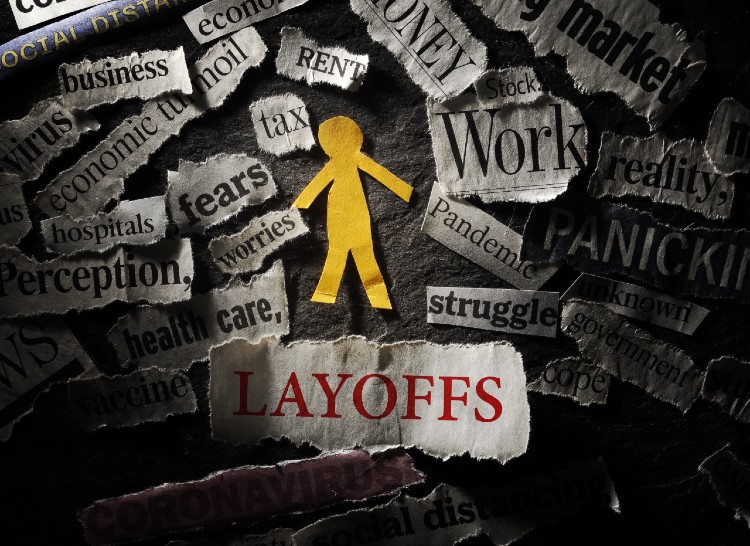Physical health isn't the only thing to monitor during the COVID-19 pandemic, according to recent studies, which suggest the fate of businesses could depend on an ability to use financial wellness initiatives to restructure their financial and cultural mindset.
But what is financial wellness, and what can businesses do to cultivate it?
Recommended For You
Complete your profile to continue reading and get FREE access to BenefitsPRO, part of your ALM digital membership.
Your access to unlimited BenefitsPRO content isn’t changing.
Once you are an ALM digital member, you’ll receive:
- Breaking benefits news and analysis, on-site and via our newsletters and custom alerts
- Educational webcasts, white papers, and ebooks from industry thought leaders
- Critical converage of the property casualty insurance and financial advisory markets on our other ALM sites, PropertyCasualty360 and ThinkAdvisor
Already have an account? Sign In Now








